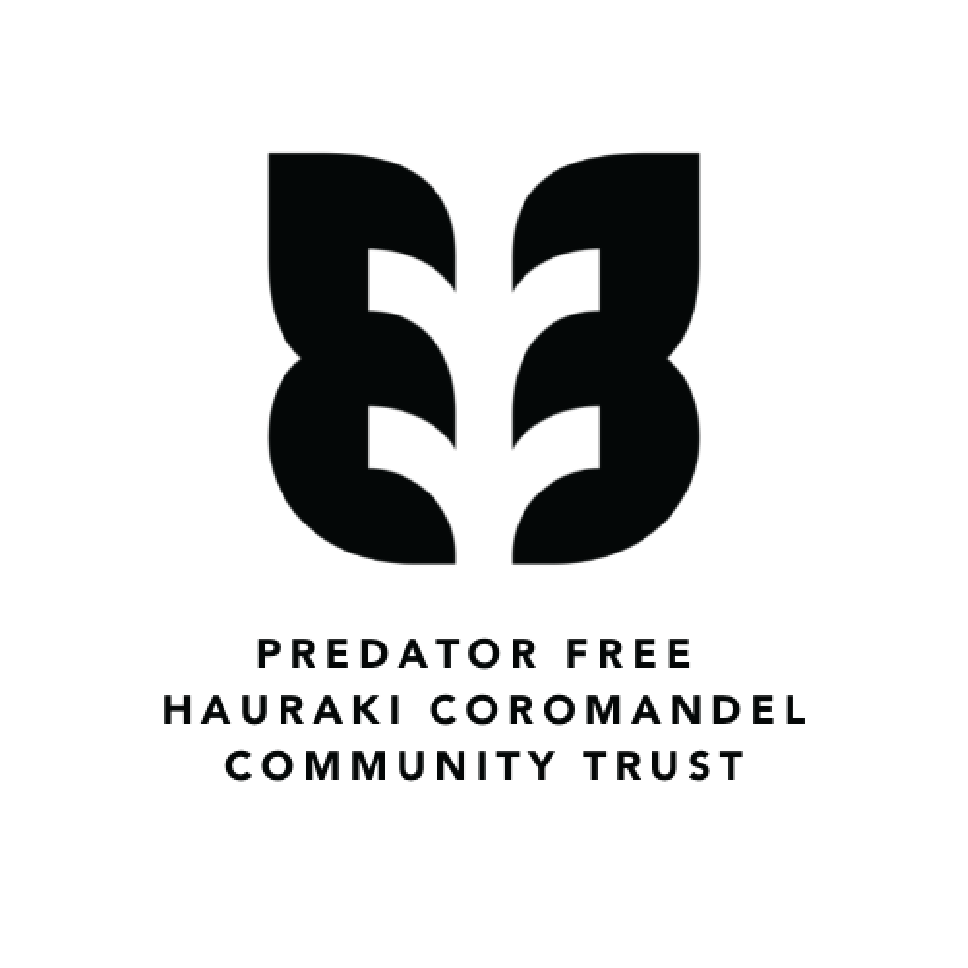Project Kiwi: A Wholehearted Commitment to our National Icon
Waitaia Bay is the kind of place you dream about: lush native bush running down to kiss the white sand beach while rocky cliffs stand sentry. Within that verdant bush kiwi flourish undisturbed, thanks to their dedicated caretakers.
This coastline was once the site of bloody battles when Ngāpuhi raided the rohe of Ngāti Hei, and the bones of warriors are still occasionally unearthed – a constant reminder to locals of the rich pre-colonial history that exists here and across Hauraki Coromandel. The land was bought in the 1960s by Warwick Wilson with plans to farm sheep. Under Warwick’s guardianship, today the once logged, mined, and cleared Waitaia land block is rich in regenerated bush, and the tenacious nature of the revitalised whenua makes it an apt home for Project Kiwi.
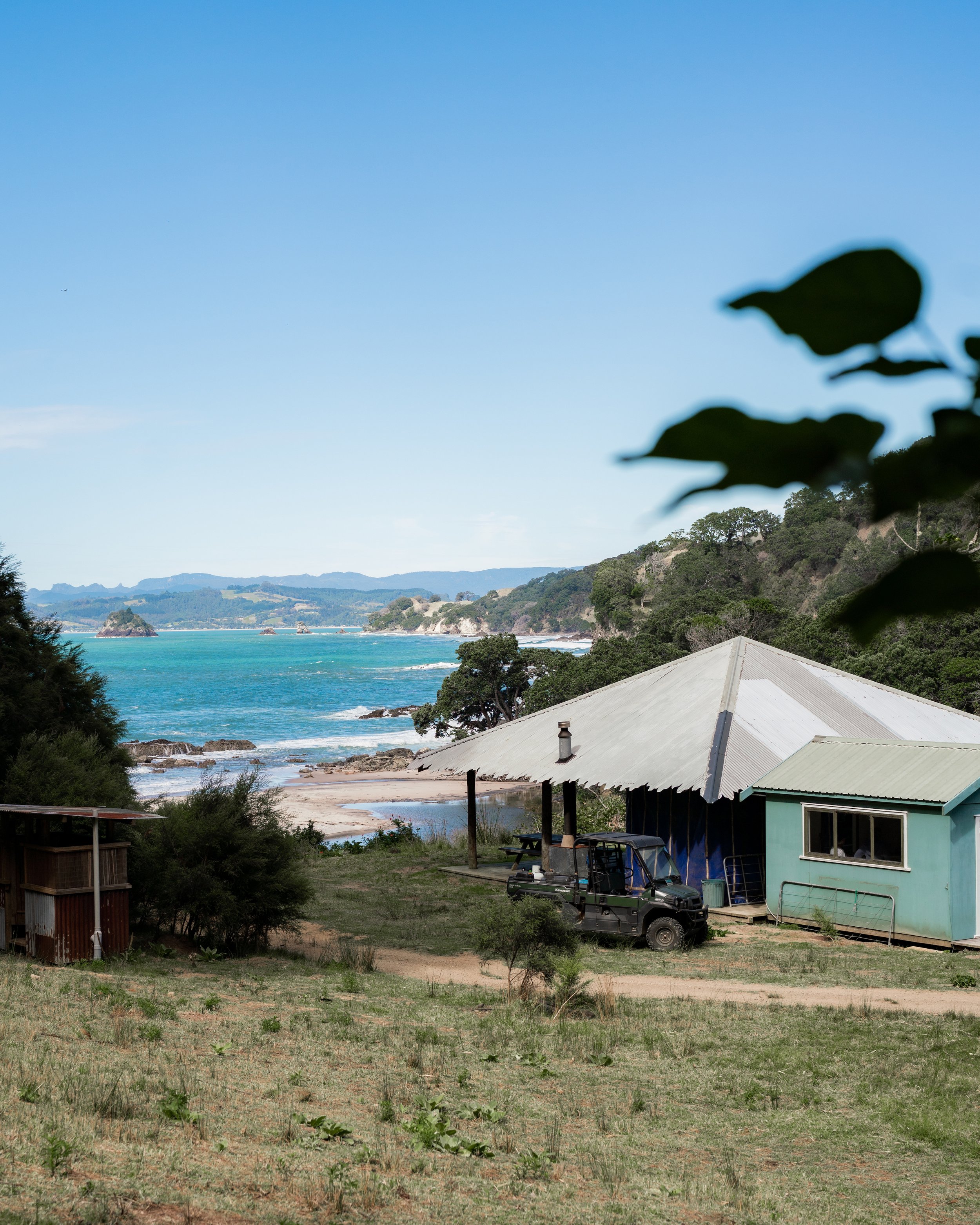
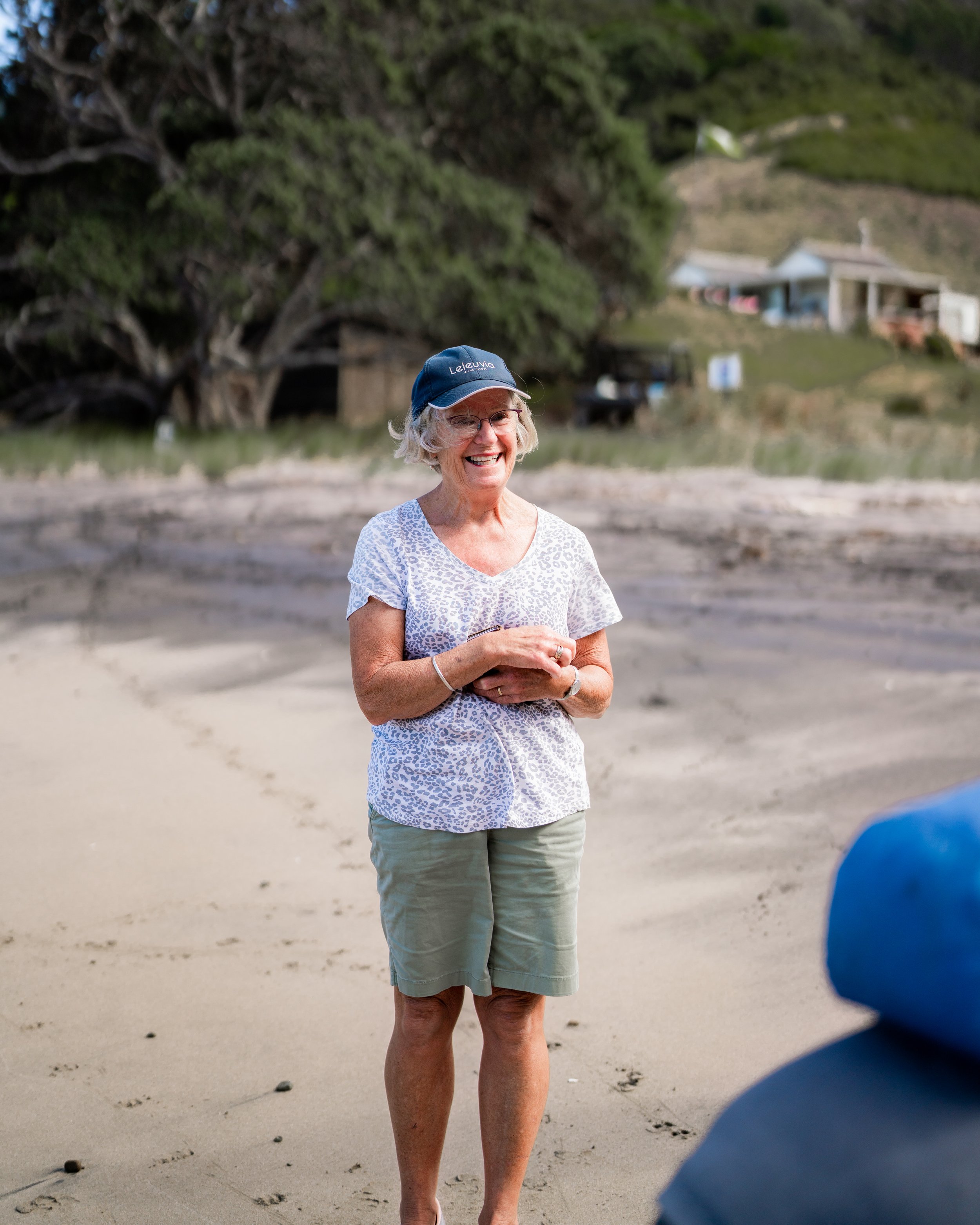
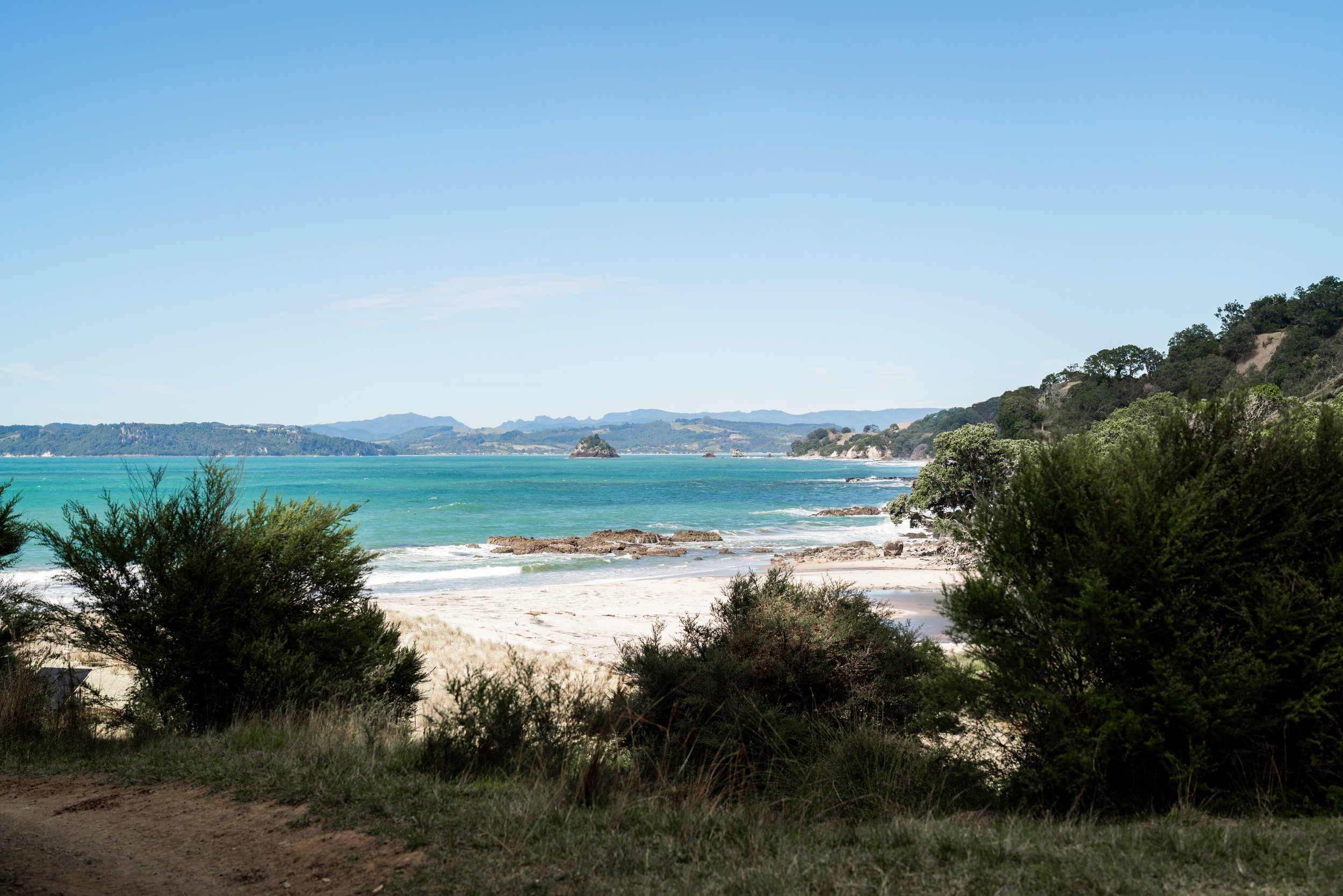
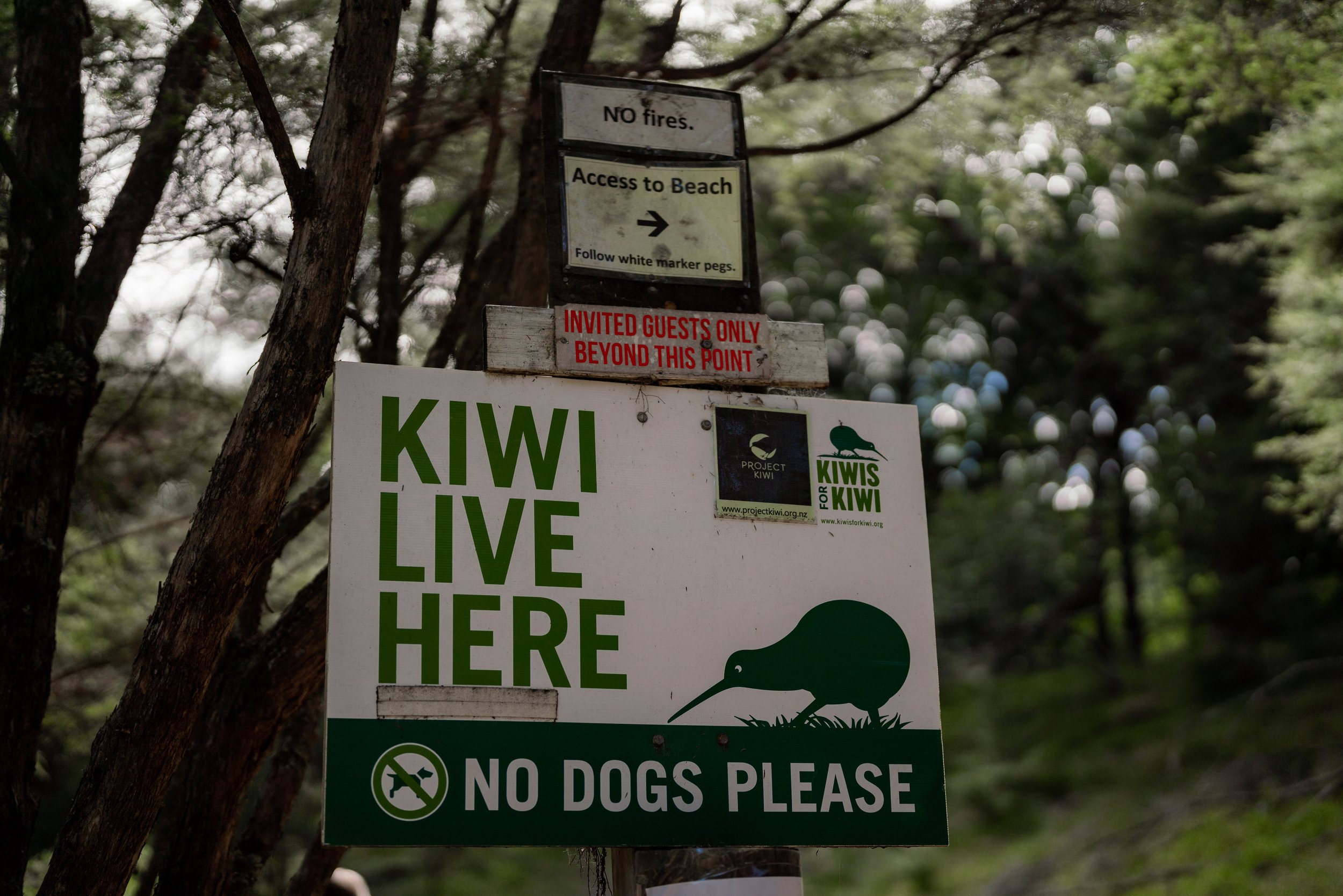
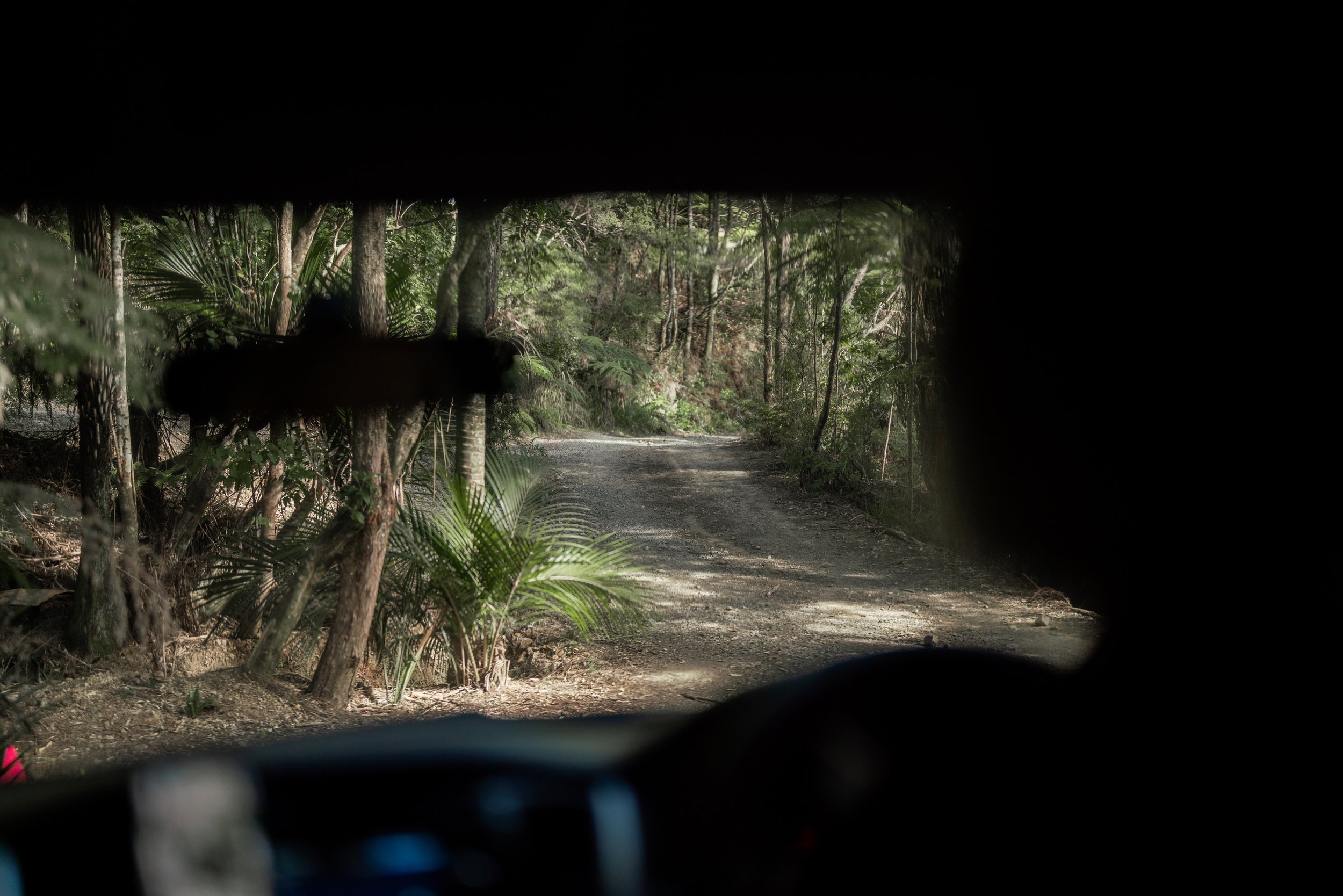
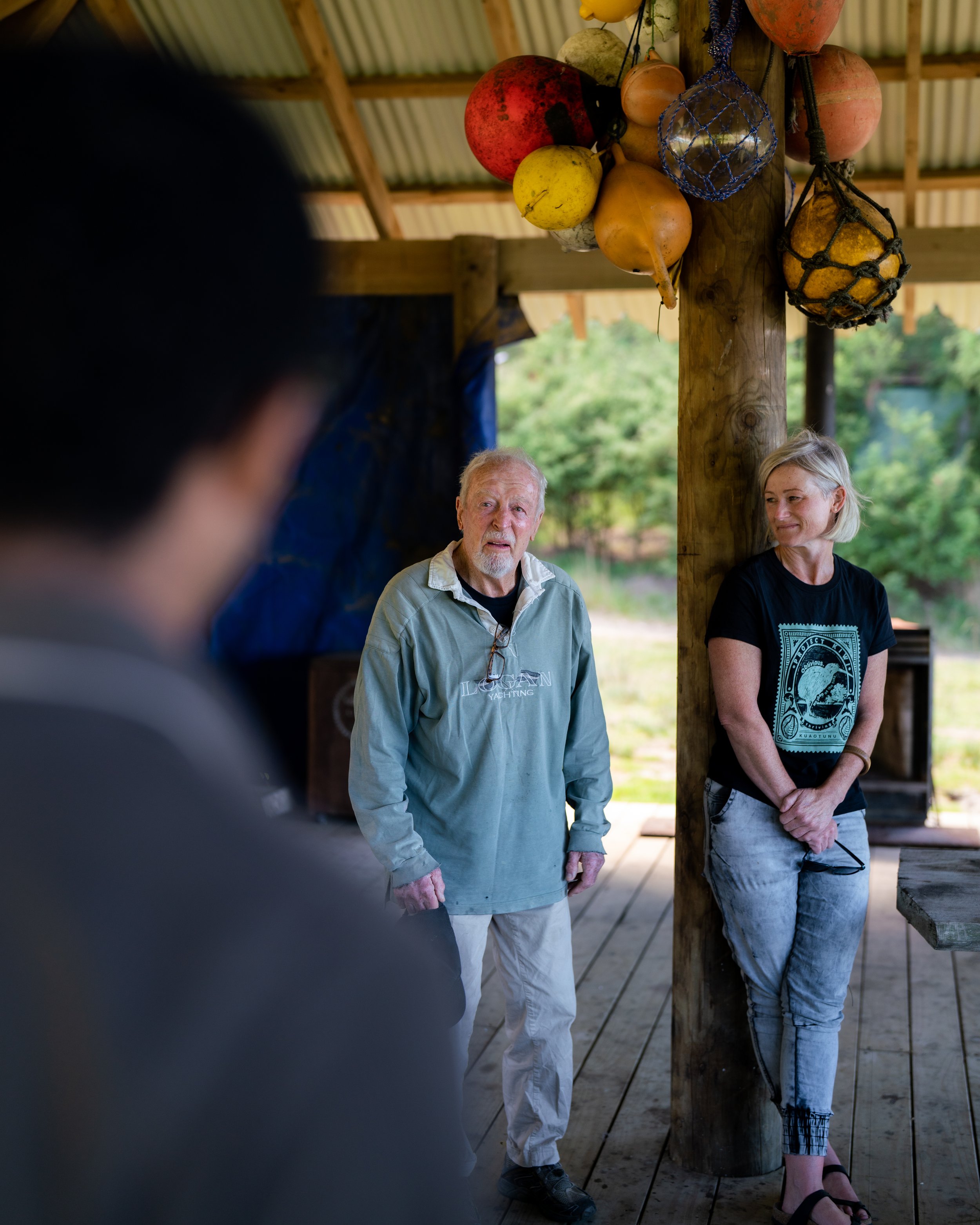
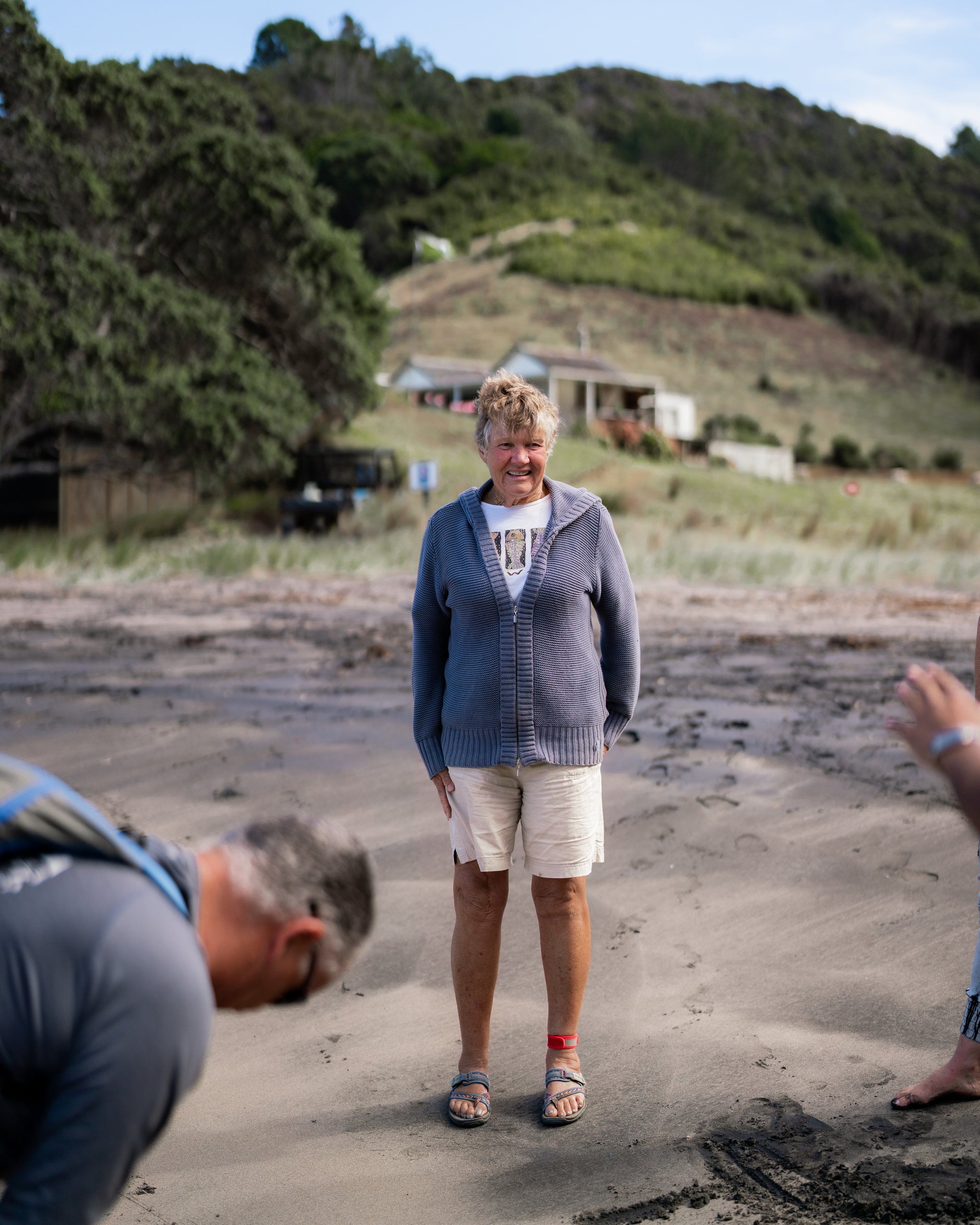
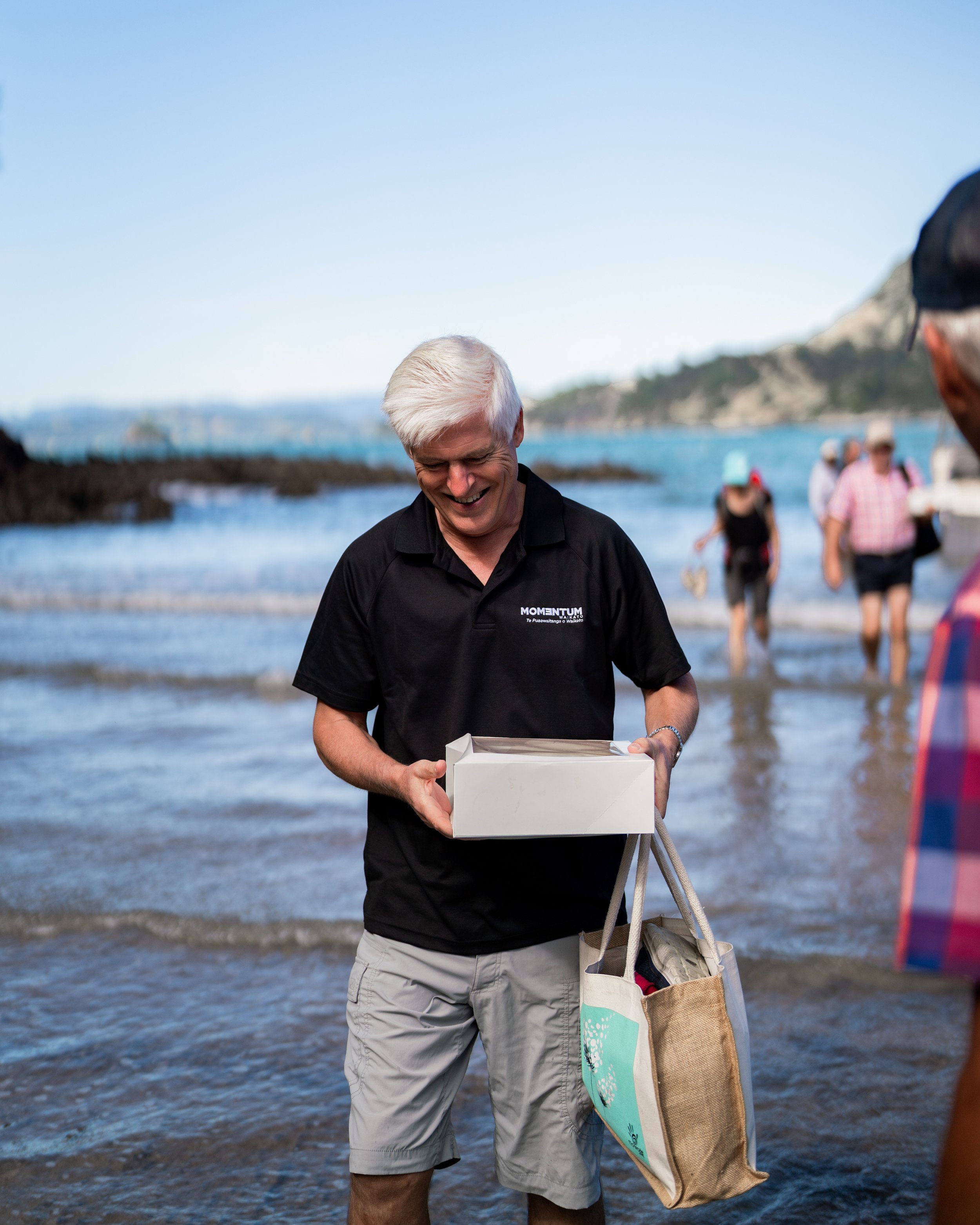
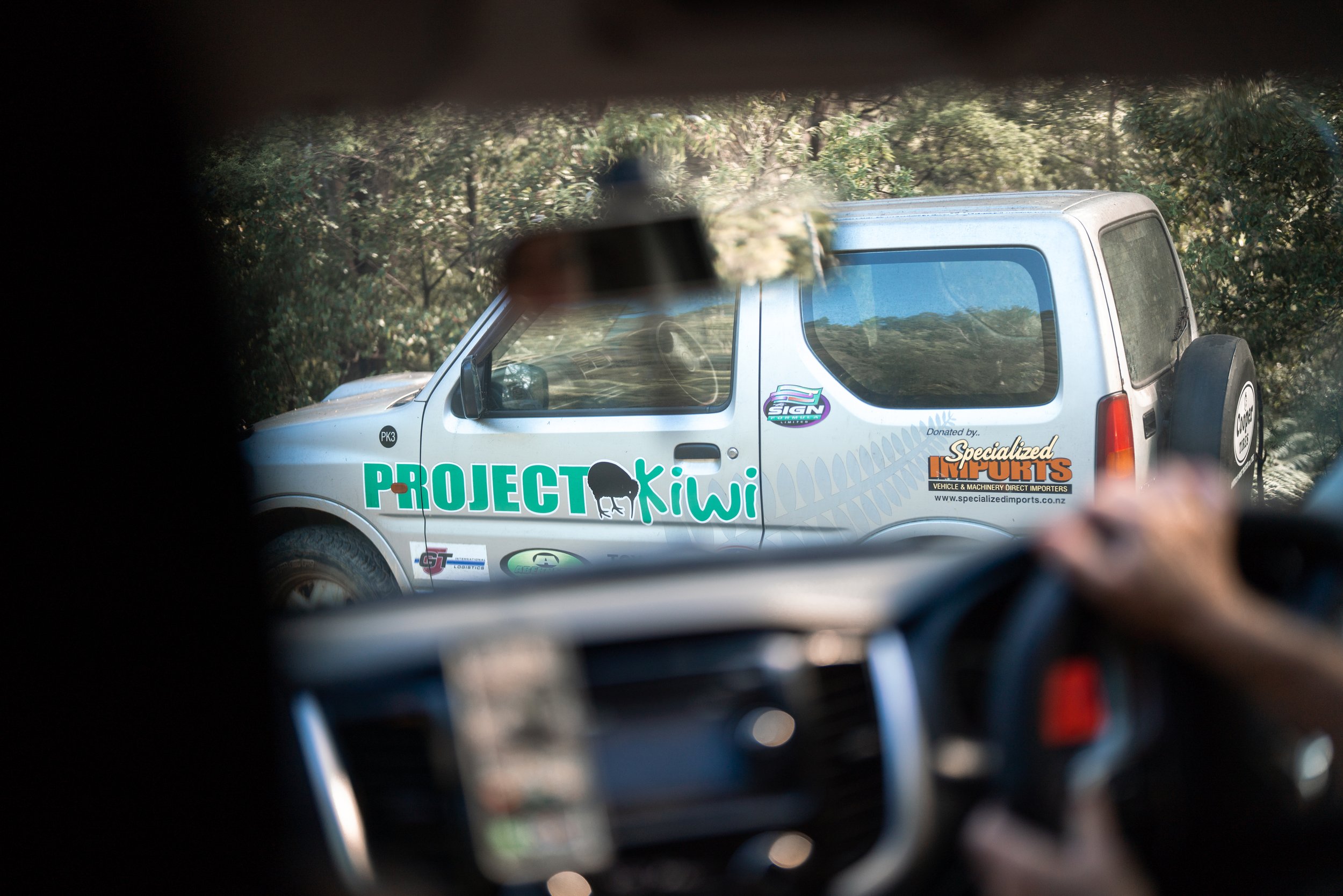
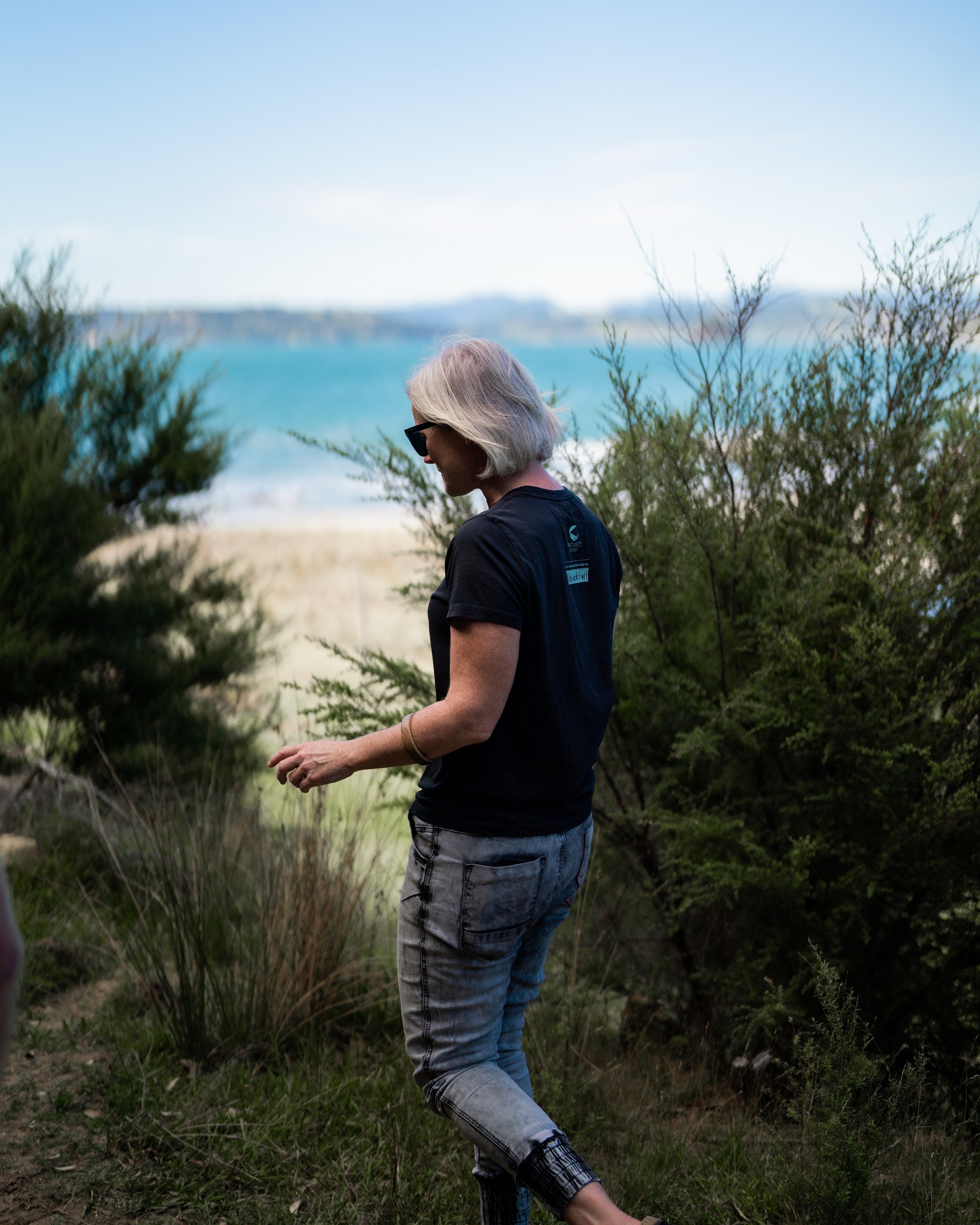
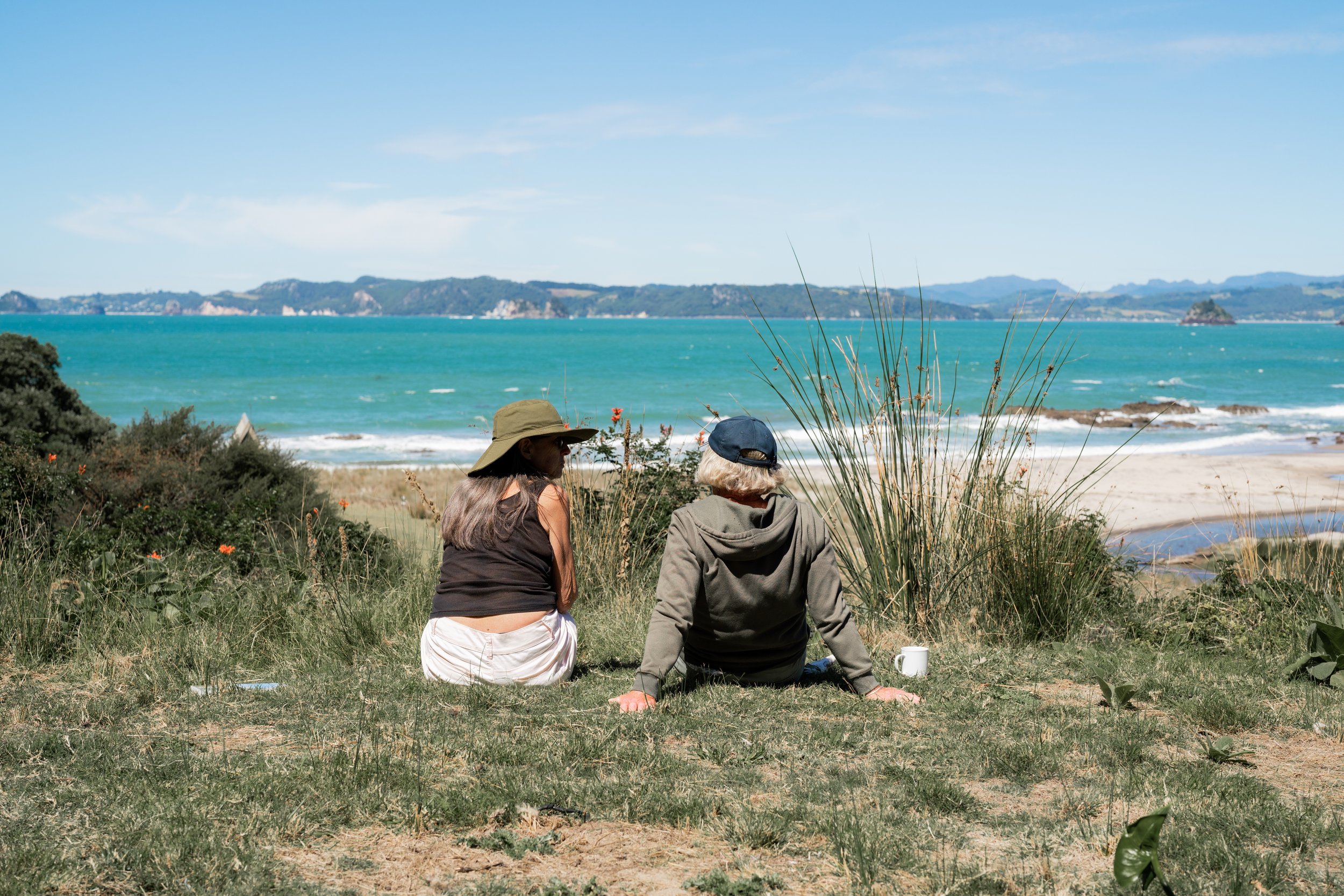
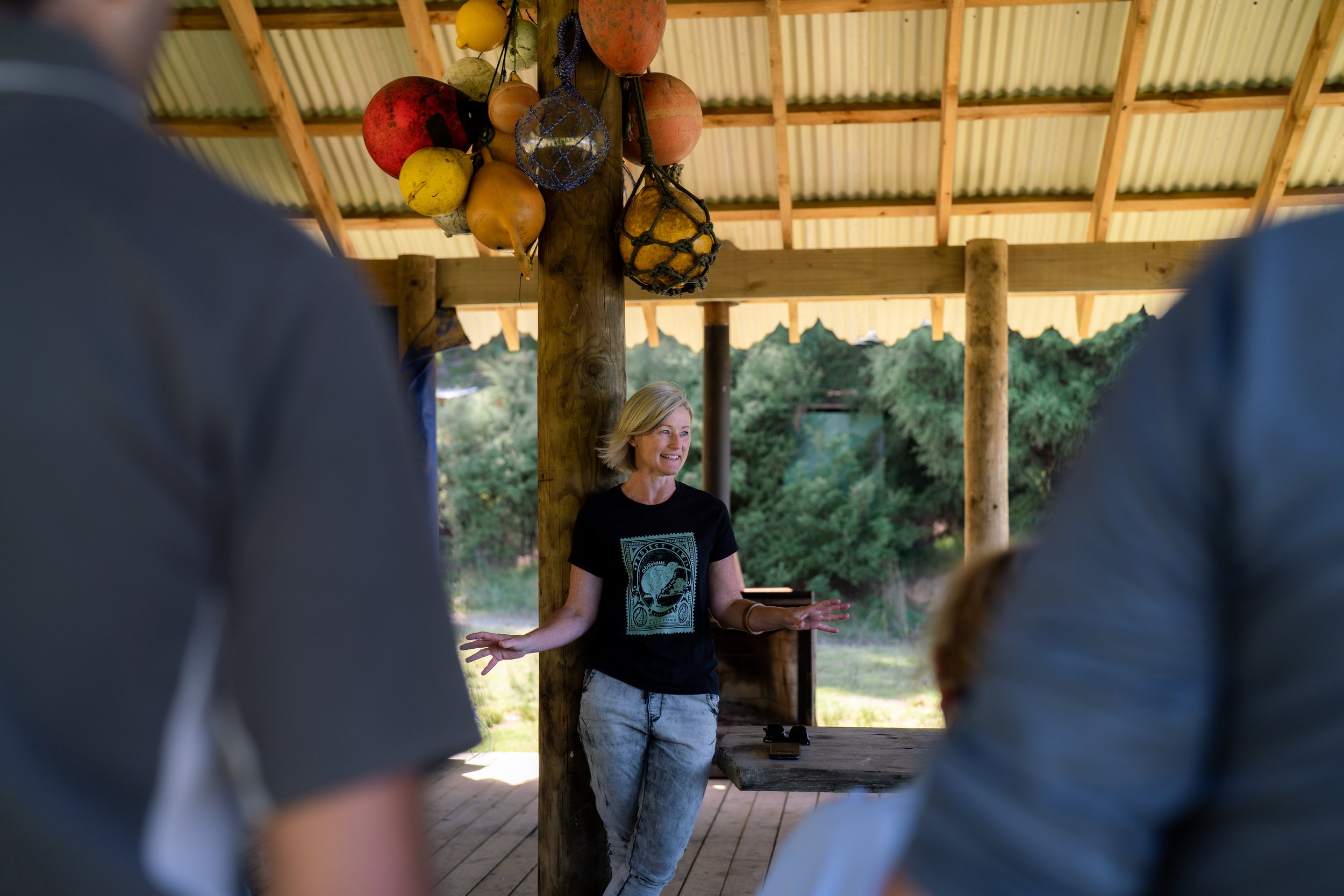
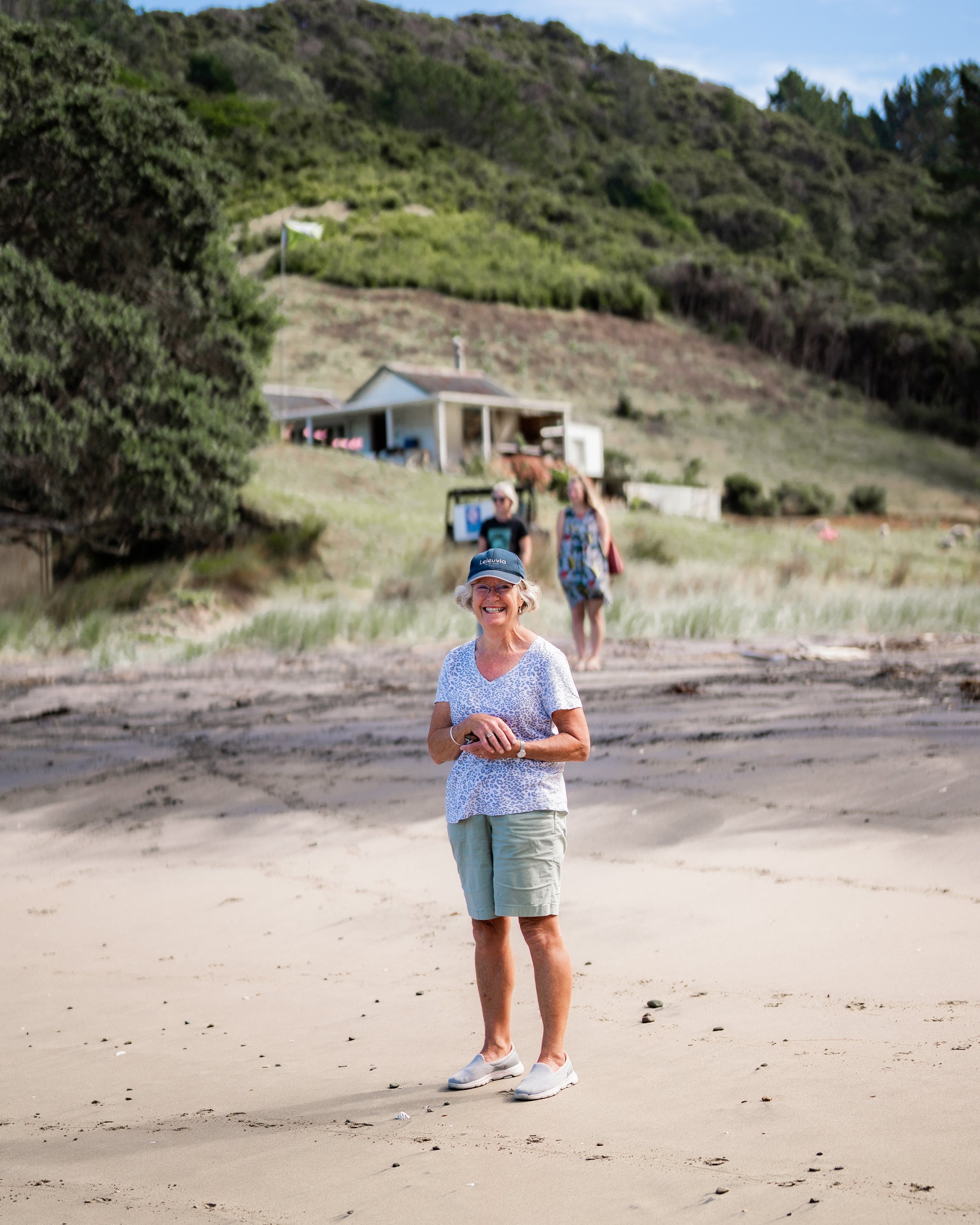
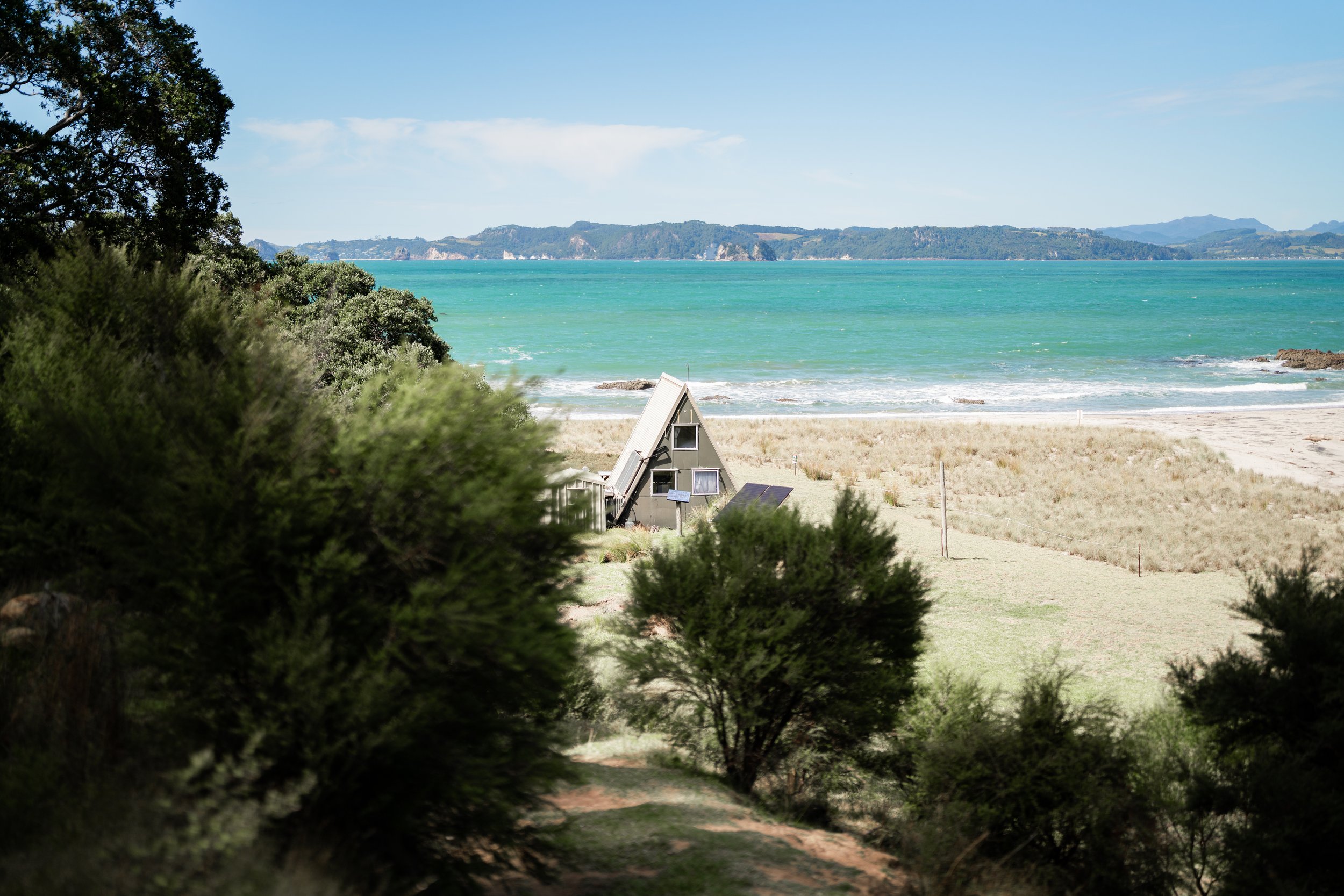
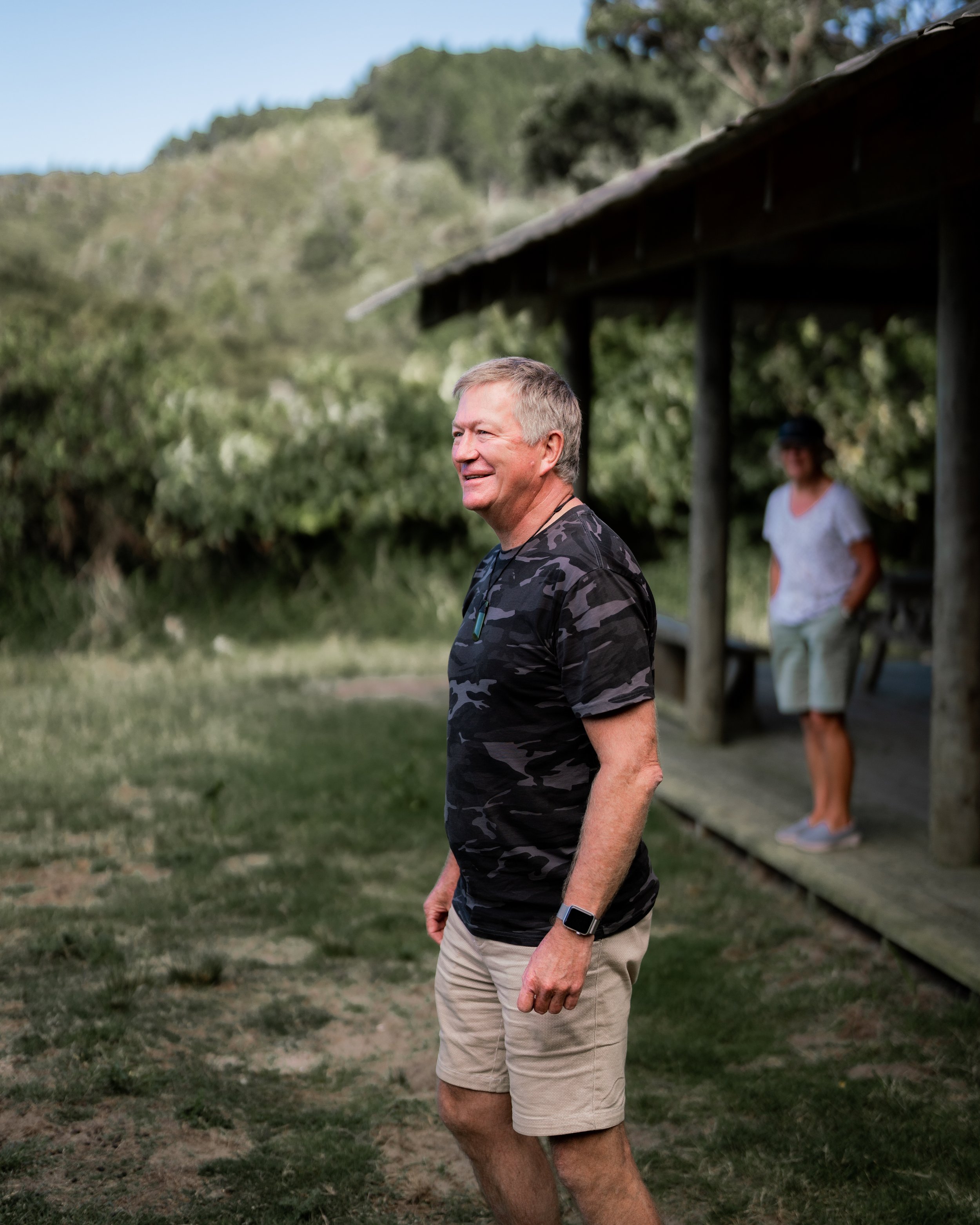
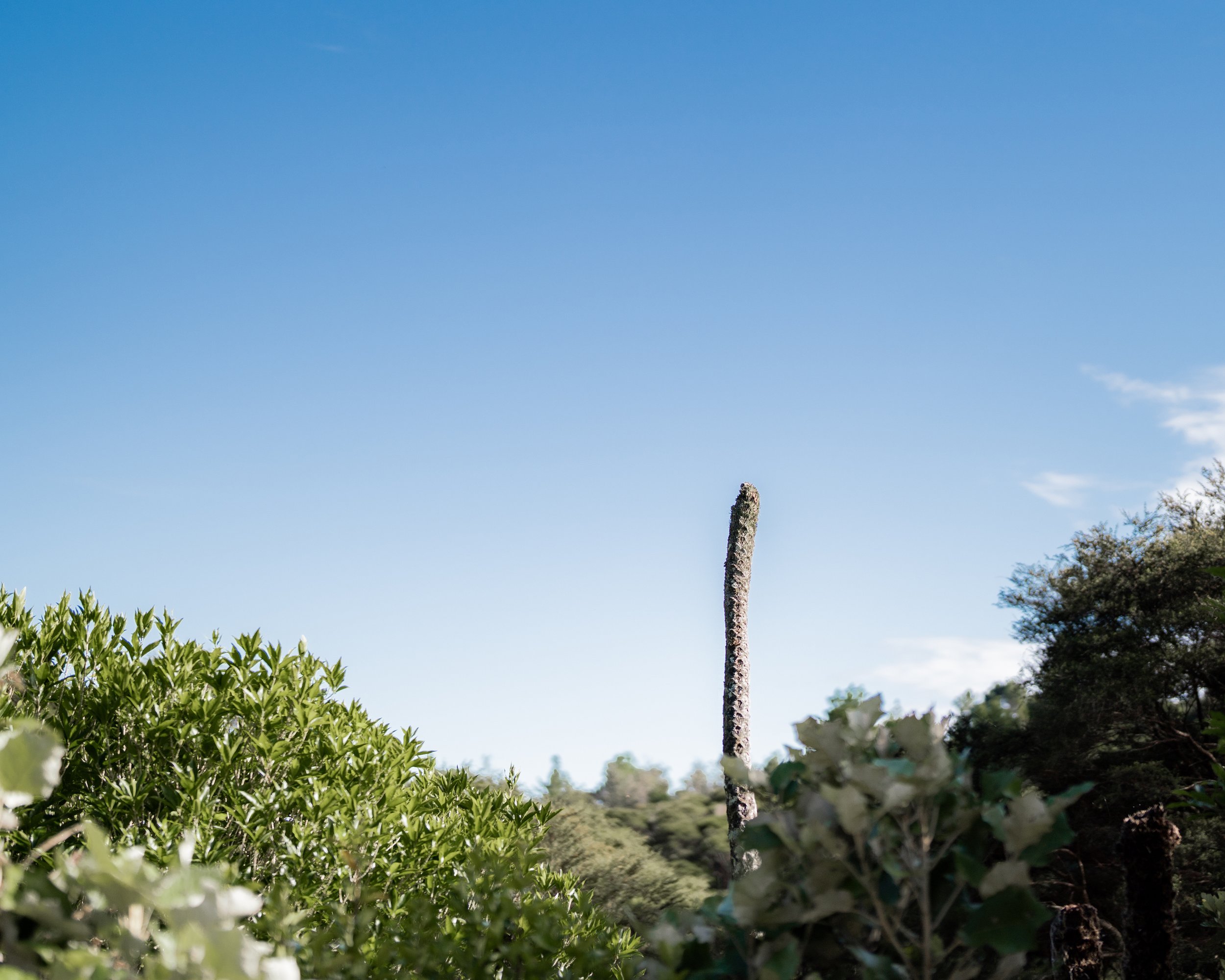
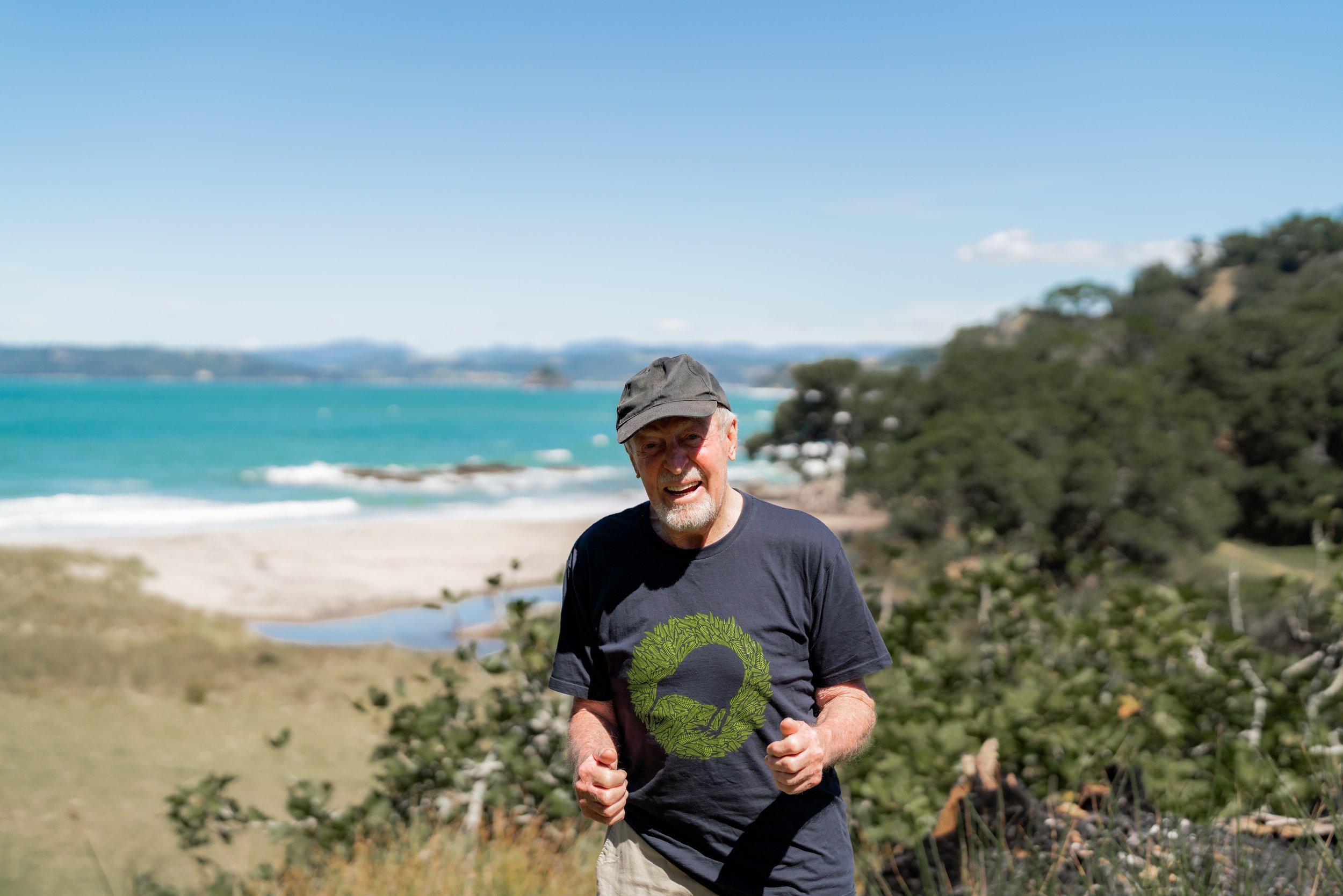
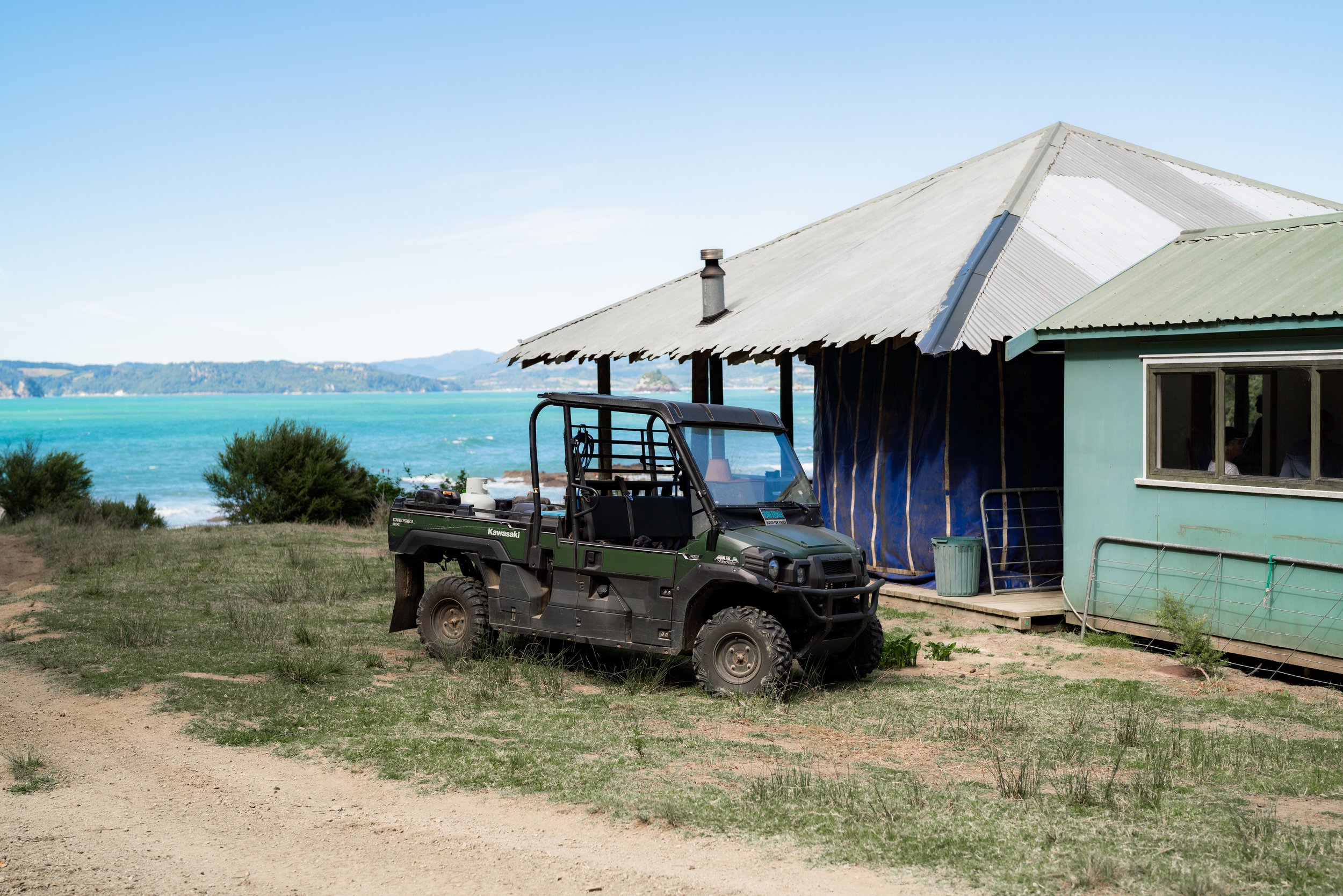
Project Kiwi was founded in 1996 when Warwick, a practical bushman and farmer with love of the land in his blood, noticed possum numbers exploding. This observation coincided with locals pondering how to protect our beloved national icon. Warwick had banned dogs and hunters years before, leading kiwi to give the place a big thumbs (rather, claws) up. Warwick immediately granted permission for kiwi to be protected and observed on the land he cares for, kicking off what would be the oldest community-led kiwi project in the world!
Warwick’s generosity has only increased since Project Kiwi’s conception. Without the community he created at Waitaia and his unflagging energy for conservation (continuing into his nineties!) Project Kiwi would simply not exist. Warwick notes, “it’s always the people that motivate you”, and an early key relationship formed with the Ngāi Tūhoe iwi and the Lake Waikaremoana Hapū Restoration Trust. Two early stalwarts of Project Kiwi, Lance Dew and Nick Gillingham, had spent time doing kiwi field research at Lake Waikaremoana and fostered meaningful relationships with the iwi. In 2004, Nick implemented an exchange program between the two groups – Manaakitanga weaved them together, and kiwiconservation provided a shared purpose to build on their connection. The biennial kiwi call survey is a labour-intensive project, requiring volunteers to listen and record kiwi calls over three consecutive nights. Members of Tūhoe are now an essential part of the survey team, and the support is returned when members of Project Kiwi travel to Lake Waikaremoana.
Project Kiwi has a number of conservation champions up its sleeve. The Project’s Manager Paula Williams also has strong connections to Waitaia, meeting her husband, Warwick’s stepson Jono, around a bonfire there one summer evening where both literal and figurative sparks flew. The Williams’ embodied a Swiss Family Robinson fantasy for five years, living on the remote beach and job sharing both parenting and the Project Kiwi work in the place they met and were married. While the Williams have since migrated 5km up the road and Paula has taken over the Project Kiwi work full time, Waitaia and kiwi are firmly imprinted in the family’s DNA - it’s easy to imagine a kiwi and beach on their family crest.
Warwick’s recent ninetieth birthday celebrations at Waitaia were an intergenerational landmark, as future plans for Waitaia and Project Kiwi knit together his love of family and conservation. Warwick names the kiwi and dotterels as his beneficiaries, and has plans to share the land amongst the wider family who have cared for it so lovingly. His determination stretches beyond the present, and Warwick says in 20 years' time “the things humans have built will look tired, but what Mother Nature has built will look great.".
Alongside its widespread pest and predator control, another key aspect of Project Kiwi, and one that keeps Paula on her toes with the car running, is the national programme known as Operation Nest Egg (ONE). The survival rate for young kiwi in the wild is only around 5% due to predators. ONE sees kiwi eggs removed from the wild and transported to facilities around the country who will hatch and rear the birds before releasing them back into the wild. Female kiwi generally lay two clutches of two eggs per season that the male tenderly incubates. Transmitters on the male kiwi are checked weekly to track the incubation period – if he’s not roaming much, he’s likely sitting on eggs – and eggs will be plucked in the sweet spot between 65 and 72 days (they hatch on about day 78). Paula and volunteers deliver the eggs to facilities around the country. Getting the eggs out via Waitaia’s rocky road can be a white-knuckled experience, though the egg handlers are pros in the gentle removal of the precious eggs.
Paula stresses that on top of a strong base of science and strategy, good relationships must be formed with landowners, mana whenua, scientists, pig hunters, lawyers, accountants, and many others. Four hundred volunteers maintain the work of the trust; vast network of traplines, cutting bush, lifting and transporting eggs, monitoring, tagging, building, fixing, planting and whatever must be done to keep kiwi safe. Sheila and Chris Westley, neighbours and supporters of Project Kiwi, run kiwi aversion training for dogs in the local area – something that all dogs living in or visiting the Coromandel should undergo, given how easily even a well-trained dog can kill kiwi. Paula compares the unassuming volunteers to the secretive manu they care for, describing them as "an “eclectic bunch of individuals who are intrinsically motivated and feel a real sense of satisfaction in making a difference”.
Paula is well rehearsed and happy to share her knowledge with other groups that may lack the knowledge to tackle the bureaucracy that can paralyse a group. The future for Project Kiwi looks exciting but most importantly, the work of the group has secured a future for kiwi that looks just as bright.
Article by: Carolyn Wadey-Barron
Photography by: Savannah Walker
If your community conservation group would like to share your story and be featured on our blog, please get in touch! If you are interested in volunteering in the Hauraki Coromandel head over to our Contribute page and read more.

